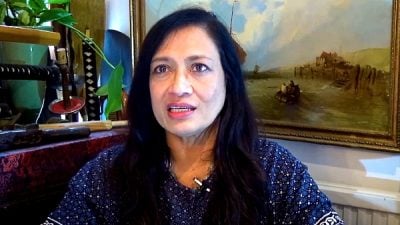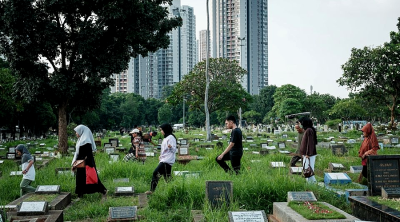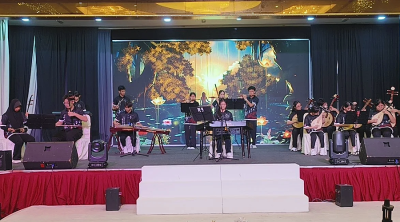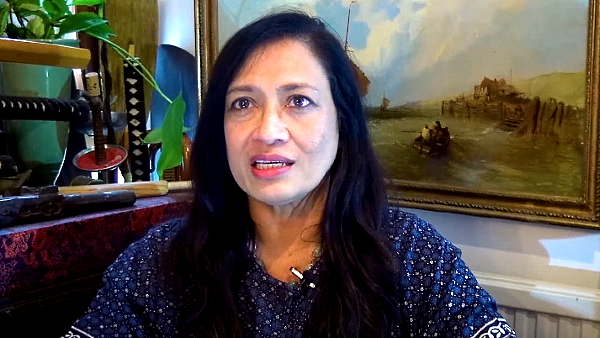
T. Nhaveen and S. Vinosiny are two young adults who had everything to live for. Both are Indian. Both had bright futures, but their lives were cut short when they died under mysterious circumstances.
Both adults have no connection or family ties to one another, but they have one thing in common, and that is the manner in which their families are left waiting for answers about their children’s death.
Why are the authorities dragging their feet about these investigations? Is it incompetence, insufficient resources, or have they something to hide, or all of the above?
Years after their deaths, their parents are still in the dark about their deaths. Where is the closure for them and their families? Why is it so difficult to get answers from the authorities? Where is the accountability? What can we learn from their deaths? Who was responsible for their deaths? How can we make our society a safer place for all?
There may well be others who died in similar circumstances but these two have been singled out because their deaths received intense public scrutiny.
These two young people were struck down in the prime of their lives. Both were pursuing an education so that they could contribute to society, gain the necessary skills, improve their future career prospects and help their families.
The first is T. Nhaveen from Penang, and he was only 18 years old when he died in 2017.
He had allegedly been set upon late at night by bullies from his former school.
By day, Nhaveen worked at a shop to help make ends meet and to gain extra pocket money. He was looking forward to college life, and was due to leave for KL for the next phase in his life.
Nhaveen’s friends and former teachers said he was a quiet and good-natured young man, but had been a frequent target of bullies. This begs the question how is bullying dealt with in our schools?
There are many allegations that school bullying is rampant and alarmingly on the rise.
Anyone who is deemed to be different, or boys who exhibit feminine traits are heavily teased.
In Nhaveen’s case, the taunting spilled over into his private life. Two of his former perpetrators had left the school.
Sadly, both teachers and the victims of bullying are reluctant to report cases of bullying. The teachers are afraid of becoming the new targets, whilst the victims fear the torment worsening for daring to report the bullying.
Last month, five men were acquitted of killing Nhaveen. Arun Doraisamy, chairman of the Nhaveen Action investigation League (NAIL) said the family accepted High Court Judge Radzi Hamid’s decision that the prosecution had failed to prove there was prima facie against all five accused.
It was alleged that Nhaveen and his friend T Previin were buying burgers in Jalan Kaki Bukit, Bukit Gelugor, when the five accused beat them up.
Previin managed to escape and Nhaveen was later found unconscious in a field with serious injuries including burns on his back and signs that a blunt object had been shoved into his anus.
Justice Radzi said the court found conflicting versions in the witness statements and the failure of the prosecution to determine if Nhaveen had died as a result of “blunt force trauma to the head” as stated in the post mortem report, or if it was due to an existing illness.
Incredibly, the doctor treating Nhaveen had not been called to testify.
In addition, Radzi said that Previin’s testimony which was given to police soon after the incident, contradicted the report which he lodged four years later.
Radzi added that the police had failed to conduct investigations into these cases fairly. He said that the prosecution had also failed to call in other corroborating witnesses to support Previin’s testimony in court.
Arun said that the family would file a civil suit against the Penang Hospital and police for failing to present the necessary evidence during the trial.
The other adult whose death could have been prevented is S. Vinosiny, a second year Bachelor of Accounting undergraduate at Universiti Utara Malaysia (UUM).
Her lifeless body was found in her dormitory by her roommate in May 2022, just a week after term had started.
Vinosiny looked forward to being back on campus after the lockdown caused by the coronavirus pandemic. She had allegedly been electrocuted.
On 3 October, the Alor Setar High Court ordered the police and federal government 14 days to hand over medical, chemist, police reports and all photographs taken in the course of investigation into Vinosiny’s death to her family.
The family’s counsel, M Manoharan, confirmed the Alor Setar High Court decision, and said that Justice Mahazan Mat Taib had allowed the discovery application by Vinosiny’s father R Sivakumar to prepare the main negligence lawsuit over his daughter’s death.
Would the outcome have been different and faster if these two young adults were from prominent families?
Or have all Malaysians been failed by the system which needs urgent reform and a massive shake-up with regards to how they conduct their investigations?
Where is the political will by the relevant ministries to address these serious issues?
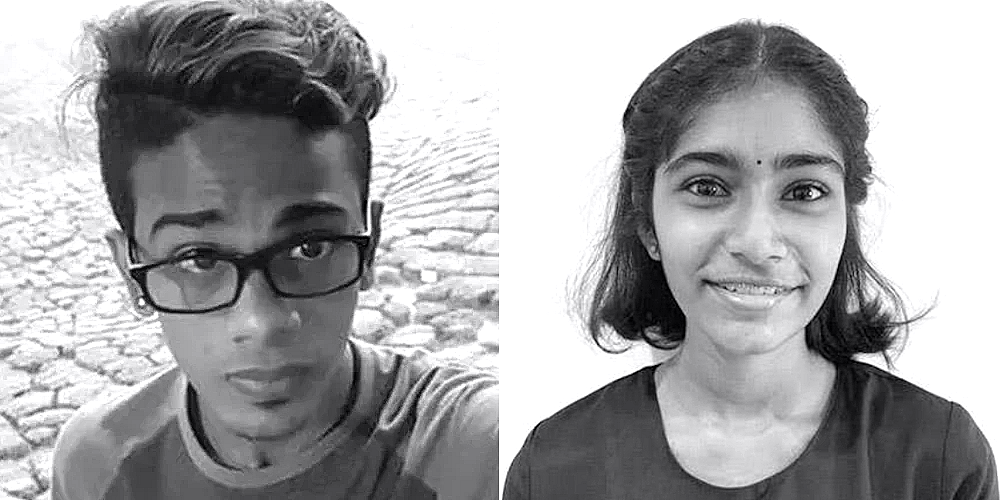
(Mariam Mokhtar is a Freelance Writer.)
ADVERTISEMENT
ADVERTISEMENT








